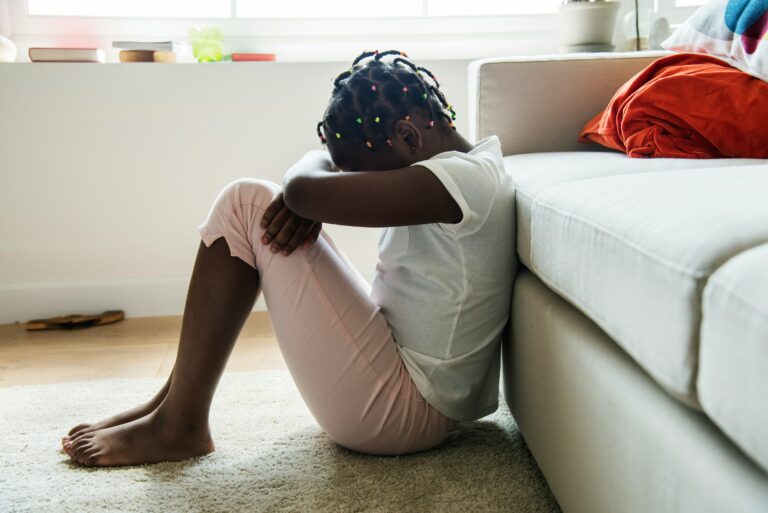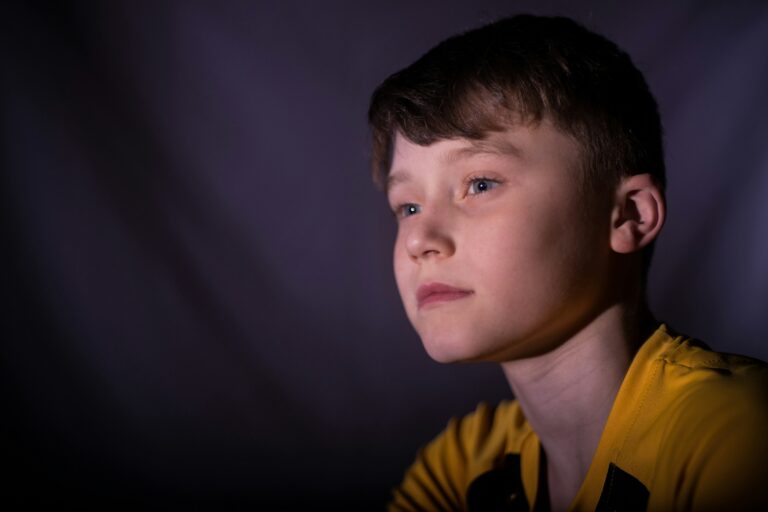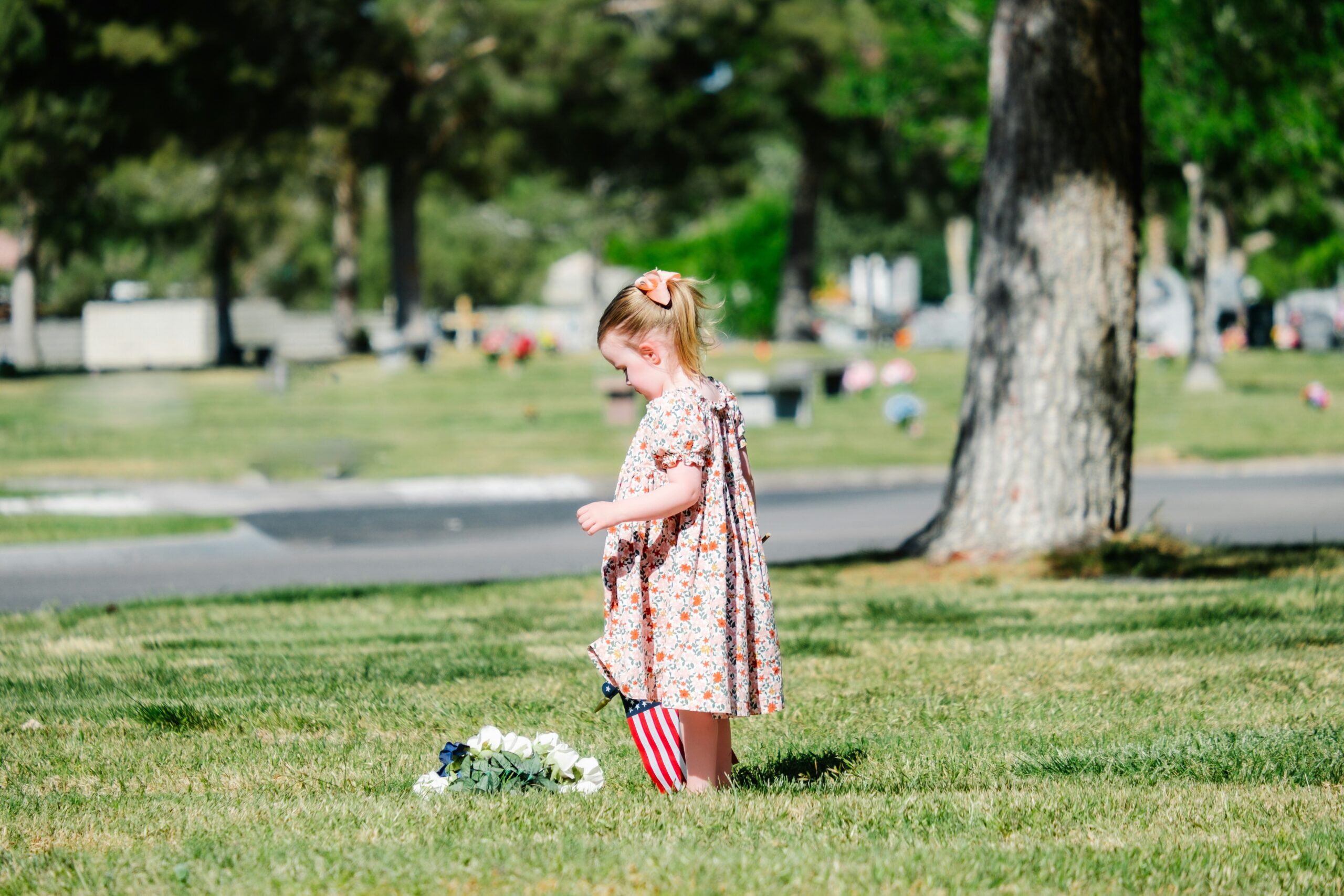What is child bereavement?
When a child is bereaved, it means they’ve lost someone or something close to them. Just like adults, the grief that comes with loss can feel overwhelming. But it’s important to note that, on the whole, children tend to grieve differently than adults.

What grief looks like in children
Unlike adults, who tend to stay in their grief until they’ve worked through it, kids often dip in and out of sadness. This can sometimes mislead parents into thinking that their child is fine or doesn’t care much. This fluctuation is a normal part of their grieving process and acknowledging it is key to providing the necessary support.
Preparing your child for loss
If your child is about to lose someone or something close to them, they might benefit from special support.
This is because, children are often most distressed when they know the loss is about to occur but don’t fully understand what to expect.
Two ways to support your bereaved child
Supporting your child through grief can help them come to terms with their loss. It can also mean they’ll be less likely to develop anxiety or depression. Here are a couple of simple ways you can support your child:
- Encourage your child to be open about how they’re feeling.
- Allow them to talk freely about the person who’s died or the thing they have lost.

